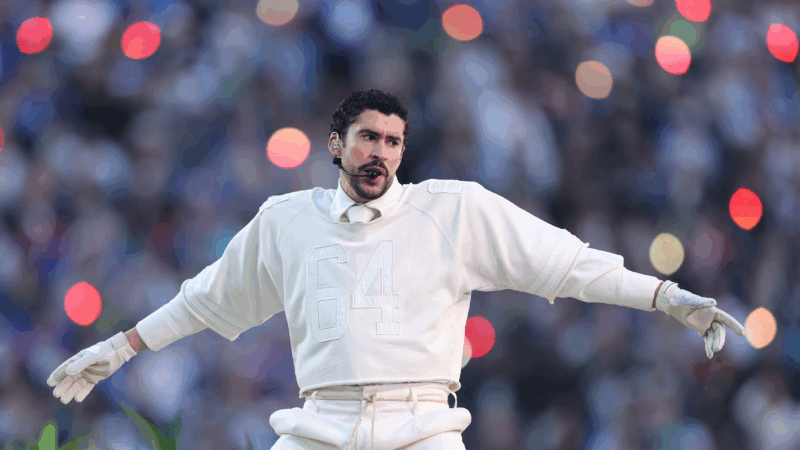Gwen Webb: From the Children’s March to the Police Force
Gwen Cook Webb was a feisty freshman cheerleader at Western High School when she was arrested for protesting downtown near Birmingham’s Kelly Ingram Park in the 1963 Children’s Marches. That same spirit propelled Webb to become the second female African American Birmingham police officer.
On a recent afternoon in Kelly Ingram Park, Webb smiled at the statue of Dr. Martin Luther King Jr. As a teen, she had sat across the street in the 16th Street Baptist Church, listening to his words – singing freedom songs, just like the ones she and hundreds of others sang marching for civil rights.
“Dr. King had been in jail for everything. He said, ’now who will go with me’ as he dropped his head,” Webb recalls. “And after a while you could hear ‘boom, boom,’ feet going. When Dr. King raised his head up, all you could see was us kids standing.”
King, the iconic civil rights leader, prepared the children for the challenges they would face.
“He would hold a meeting — tell us the things we were going to have to encounter,” Webb says. “People spitting on you, people calling you all kind of names.”
Webb was about 15 years old. Rev. James Bevill, one of King’s lieutenants, taught her and other children how to protest peacefully. She told Bevill she didn’t think she could take that. “He looked at me and said, ‘You can and you will.’ He said he saw something in me. He saw a fight.”
She needed that determination. Those who marched for civil rights faced guns, dogs and fire hoses.
Webb studied nursing after high school. But a friend encouraged her to apply for a job on the Birmingham police force in 1975. She dismissed the idea at first – reminded of the brutality she faced in the children’s marches.
She applied anyway, and became Birmingham’s second, African American female police officer.
The first night on the job. Her partner, an older white officer, insisted on eating dinner at a hole-in-the-wall restaurant and nightclub on the east side.
“I said I don’t eat in places like this. He said, ‘ you’ll eat wherever I tell you to eat Rookie.’ What could I say? Yes sir,”she says. “By the time we got in there, they had a song just for me and that song was, I’m an Alabama nigger and I want to be free. Dot dot dot dot.”
Webb was angry. She went on stage and asked a white man with a beard to borrow his microphone.
Once she had the microphone in hand, she said:
“This Alabama nigger is free. I’se free. You see I got this .357 on my hip and my badge on my chest. And for all of you drunk rednecks out there, I’m going to call for paddy wagons if you get in your automobile. “
The room was quiet. Webb and her partner left the club and went back to patrolling.
Webb didn’t have many police officer friends in her early days on the force. But she soon discovered she had an admirer – a white lieutenant named Billy Webb. He worked in internal affairs.
They saw each other for the first time during her job interview.
“I would look up and I saw this white face in the glass, grinning at me like a Cheshire cat,” she says. “ I asked Leroy Stover, I said ‘who is that?’”
Stover was Birmingham’s first black police officer.
When Gwen and Billy got together, she says race was not an issue even though Billy, who died years ago, was a police officer when she was a young civil rights activist.
“He explained really quick, I never was out there with any dogs or hose, or any guns,” she says. “ I recognized that he had a job to do at that time. Bill was a loving, warm- hearted man.”
Gwen Webb, the 68-year-old foot soldier retired from the Birmingham Police Department after 20 years. She travels throughout the country to speak about the movement and to encourage young people to find their purpose.
Nancy Guthrie search enters its second week as a purported deadline looms
"This is very valuable to us, and we will pay," Savannah Guthrie said in a new video message, seeking to communicate with people who say they're holding her mother.
Immigration courts fast-track hearings for Somali asylum claims
Their lawyers fear the notices are merely the first step toward the removal without due process of Somali asylum applicants in the country.
Ilia Malinin’s Olympic backflip made history. But he’s not the first to do it
U.S. figure skating phenom Ilia Malinin did a backflip in his Olympic debut, and another the next day. The controversial move was banned from competition for decades until 2024.
‘Dizzy’ author recounts a decade of being marooned by chronic illness
Rachel Weaver worked for the Forest Service in Alaska where she scaled towering trees to study nature. But in 2006, she woke up and felt like she was being spun in a hurricane. Her memoir is Dizzy.
Bad Bunny makes Puerto Rico the home team in a vivid Super Bowl halftime show
The star filled his set with hits and familiar images from home, but also expanded his lens to make an argument about the place of Puerto Rico within a larger American context.
Japan’s Takaichi to pursue conservative agenda after election landslide
Japan's first female Prime Minister, Sanae Takaichi, brought the ruling Liberal Democratic Party its biggest-ever electoral victory, fueling her ambitions to pursue to a political agenda which she says could "split public opinion."






